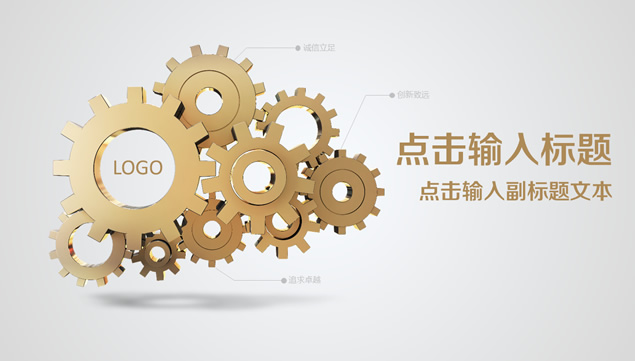
This article mainly introduces the method of dedecms to get the link to the previous and next article. This article explains how to use PHP to get the link to the previous and next article. Friends who need it can refer to it. We know that in The link and title of the article before and after the article page is called. dedecms defaults to the labels of the previous article and the next article as {dede:prenext get='pre'/} {dede:prenext get='next'/}. Sometimes out of necessity, we only need links without titles. How to do this? Everyone should be able to think of using regular expressions, right? That’s right! The final implementation code is given below. dedecms template download address: www.php.cn/xiazai/code/dedecms The previous article address code is as follows: {dede:prenext get='pro' runphp="yes"}preg_match_all('/(.+?)<\ /a.*?>/sim&a
1. Details about the article link

##Introduction: This article mainly introduces the method of dedecms to get the link to the previous and next article. This article explains how to use PHP to get the link to the previous and next article. What is needed Friends can refer to what we know. When calling the links and titles of articles before and after the article page, dedecms defaults to the labels of the previous article and the next article as {dede:prenext get='pre'/} {dede: prenext get='next'/}. Sometimes out of necessity, we only need links without titles,...
##2. How to get the link to the previous and next article #Introduction: This article mainly introduces the weaving Meng dedecms how to get the link to the previous and next article. This article explains how to use PHP to get the link to the previous and next article. Friends who need it can refer to
#Introduction: This article mainly introduces the weaving Meng dedecms how to get the link to the previous and next article. This article explains how to use PHP to get the link to the previous and next article. Friends who need it can refer to
3. Summary of method examples of PHP implementation of the previous article and the next article
##Introduction: This article It mainly introduces the method of realizing the previous and next article in PHP, and summarizes and analyzes the query skills related to the SQL operation of PHP to obtain the previous and next article in the form of examples. Friends in need can refer to the following 
4. yii2 code example to implement the "previous article, next article" function
Introduction: It is necessary to add the previous article and next article buttons on many pages. The editor thinks it is quite good. Now I will share it with you and give it a reference. Let’s follow the editor and take a look. 
ecshop calls the article to display the previous article and the next article_html/css_WEB-ITnose
Introduction: ecshop Call the article to display the previous and next article
6.phpcms2008:phpcms2008 adds the function of the previous and next article
Introduction: Step 1: Modify show.php and add code in front of the code if(!$C['defaultchargepoint'] !$r['readpoint']) //FKE.LA add code//Previous article $more_pre = $db-get_one("SELECT title,url FROM `".DB_PRE."content` WHERE `c
7.PHP implements the previous article of the content page Function of an article
#Introduction: In content stations or product stations, for a better user experience, the previous article and next article are generally given on the content page. links to articles PHP code to implement the previous and next functions of the content page $previous is the id of the previous article $next_item is the id of the next article $id_array = array();//Get the content id array of the category in the specified order //Get the id of the previous article and next article if (is_array($id_array)) { res
8.phpcms2008 adds the function of next post and previous post
Introduction: phpcms2008 adds the function of previous article and next article
Step 1: Modify show.php and add code in front of the code if(!$C['defaultchargepoint'] && !$r['readpoint']) //
##9. phpcms2008Add the function of next article and previous article
Introduction: phpcms2008 adds the function of previous article and next article. Step 1: Modify show.php in front of the code if(!$C['defaultchargepoint'] && !$r['readpoint']) Add code //
php Summary of methods to implement the previous article and next article
Introduction: php implements the previous article and next article mainly through sql to judge based on the current id Then filtering out the data before the current ID or the data after the ID is that simple. Let’s take a look at the details. [Related Q&A recommendations]:#. ##html - Why is this invalid in php?
The above is the detailed content of Summarize the practices of the previous article and the next article. For more information, please follow other related articles on the PHP Chinese website!
 The difference between unix and linux
The difference between unix and linux
 How to set transparency of html font color
How to set transparency of html font color
 The role of html title tag
The role of html title tag
 How to solve the problem that Apple cannot download more than 200 files
How to solve the problem that Apple cannot download more than 200 files
 What is a relational database
What is a relational database
 what does os mean
what does os mean
 How to fix the computer default gateway is unavailable
How to fix the computer default gateway is unavailable
 How to modify file name in linux
How to modify file name in linux




